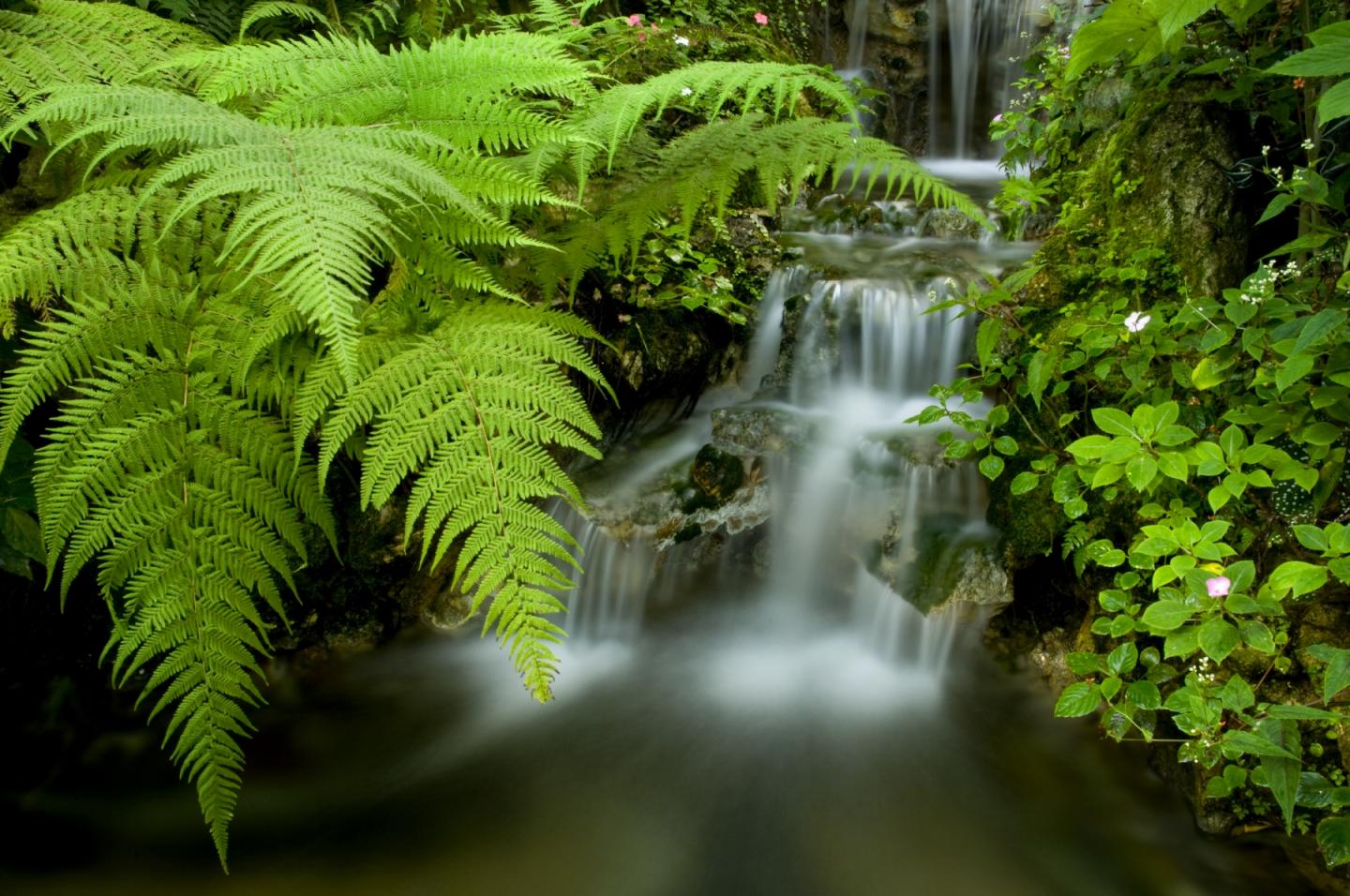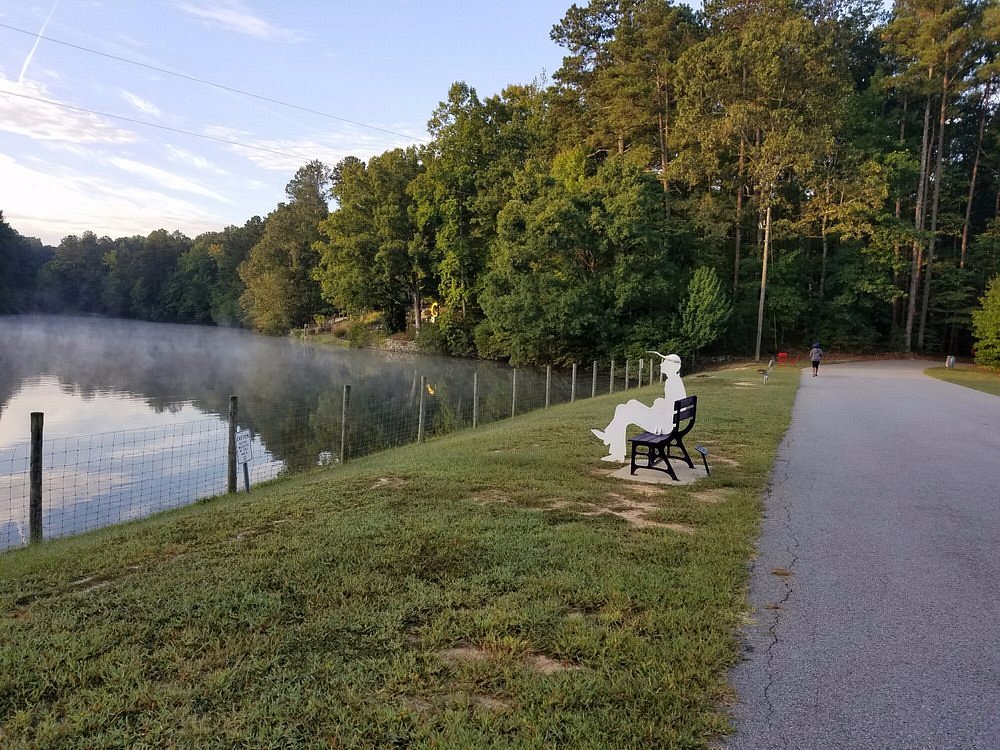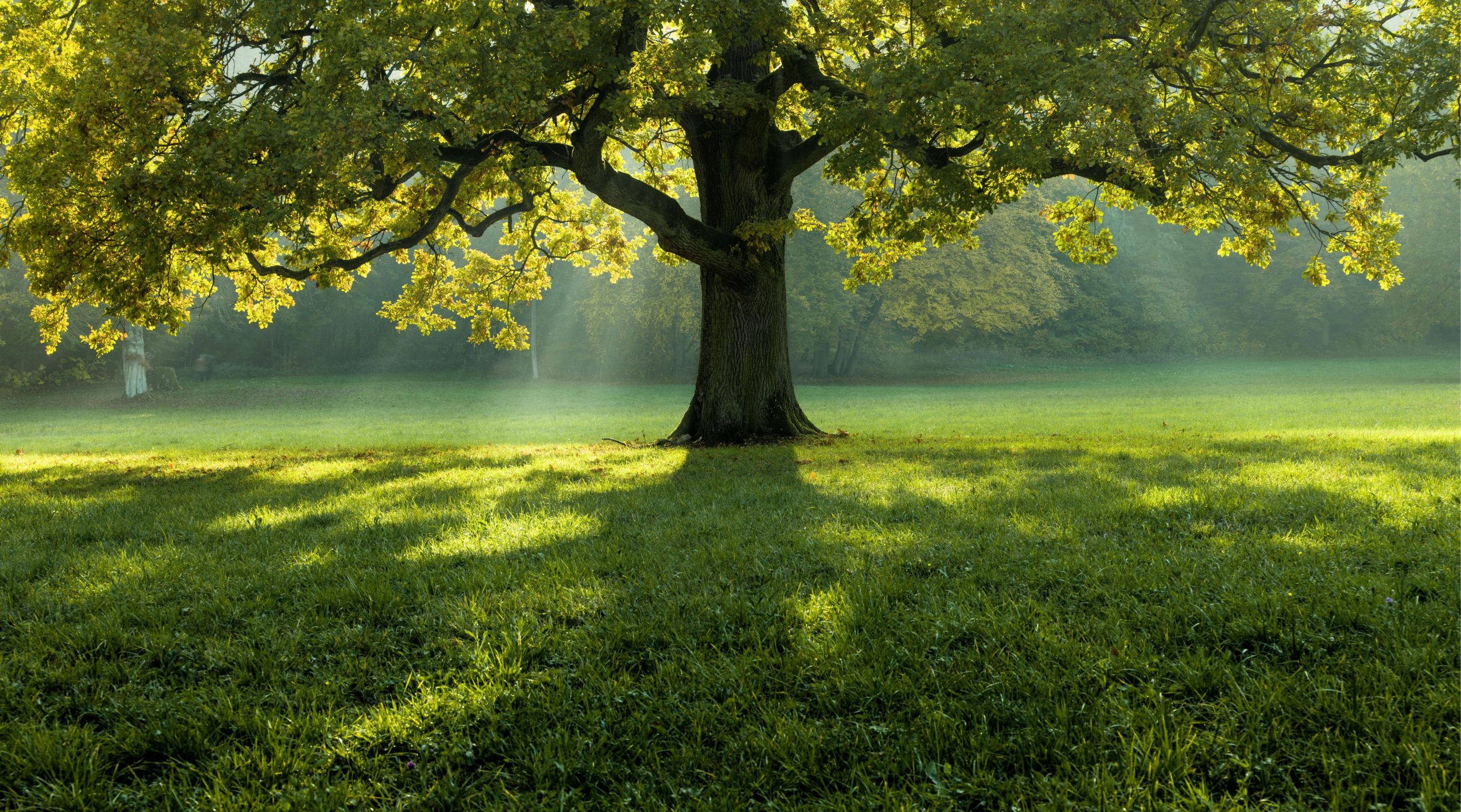By: Rian Merchant | March 2, 2024
As we continue to make strides in local environmental efforts like our annual cleanups and reforestation projects, I can’t help but think about a growing issue that’s hitting close to home: soil degradation. It’s a problem that might not seem as immediate as litter or water pollution, but its effects are widespread and could have serious consequences for the future of our local ecosystems and agriculture.
Soil degradation happens gradually, often without being noticed until the damage is done. Erosion, loss of soil fertility, and the use of harmful chemicals in farming are all contributing to the depletion of healthy, productive soil. In many ways, it’s a silent crisis that’s creeping up on us. If we don’t start addressing it now, we could be facing challenges like reduced crop yields, increased flooding due to poor soil absorption, and even the loss of biodiversity in our green spaces.
One of the reasons I’m particularly concerned about this issue is because of its direct impact on our community gardens and local farms. Healthy soil is the foundation of any successful garden or agricultural system. Without it, even the most carefully tended plants struggle to grow. I’ve seen firsthand how poor soil quality can turn a once-thriving garden into a barren patch of land, and it’s alarming to think this could become a widespread problem if we don’t act soon.
But there’s hope. By focusing on regenerative farming practices and community education, we can start turning this around. Techniques like no-till farming, crop rotation, and composting are already being implemented in small pockets, and they’ve shown amazing results in restoring soil health. Teaching these methods in our community gardens, much like we do with composting and seed planting, could help us build healthier soils that are more resistant to erosion and degradation.
What’s exciting is that this isn’t just a solution for farmers—it’s something everyone can get involved in. Whether it’s learning how to create compost at home, planting trees that naturally enhance soil fertility, or even just being mindful of the chemicals we use in our yards, small changes can make a big difference.
The challenge of soil degradation might not have the immediate visibility of litter or air pollution, but it’s just as crucial to address. If we start now, we can protect not only our gardens and parks but also ensure that future generations will be able to enjoy the rich, fertile landscapes that we sometimes take for granted.
I’m excited to see how our community will come together to face this next challenge, and I believe that with the same energy we’ve brought to our other environmental efforts, we can make a real difference.



